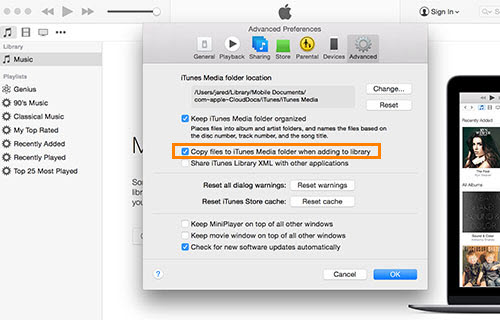

The use of 1 January as New Year's Day became common in France only in the mid-16th century, and that date was not adopted officially until 1564, by the Edict of Roussillon, as called for during the Council of Trent in 1563. Some historians suggest that April Fools' originated because, in the Middle Ages, New Year's Day was celebrated on 25 March in most European towns, with a holiday that in some areas of France, specifically, ended on 1 April, and those who celebrated New Year's Eve on 1 January made fun of those who celebrated on other dates by the invention of April Fools' Day. In 1508, French poet Eloy d'Amerval referred to a poisson d'avril (April fool, literally "April's fish"), possibly the first reference to the celebration in France. 2 May, the anniversary of the engagement of King Richard II of England to Anne of Bohemia, which took place in 1381. If so, the passage would have originally meant 32 days after March, i.e. Modern scholars believe that there is a copying error in the extant manuscripts and that Chaucer actually wrote, " Syn March was gon". However, it is not clear that Chaucer was referencing 1 April since the text of the "Nun's Priest's Tale" also states that the story takes place on the day when the sun is "in the sign of Taurus had y-rune Twenty degrees and one," which would not be 1 April. 32 days since March began, which is 1 April. In the " Nun's Priest's Tale", a vain cock Chauntecleer is tricked by a fox on "Since March began thirty days and two," i.e. No such event ever took place.Īlthough the origins of April Fools’ is unknown, there are many theories surrounding it.Ī disputed association between 1 April and foolishness is in Geoffrey Chaucer's The Canterbury Tales (1392). An 1857 ticket to "Washing the Lions" at the Tower of London in London.


 0 kommentar(er)
0 kommentar(er)
